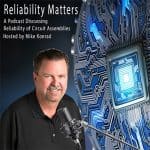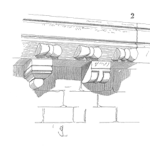
Risk-Based Auditing: Everything You Need to Know to Get Started
podcast episode with speaker Greg Hutchins
Risk-based auditing (RBA) is all about risk management. Risk-based auditing is simply risk transfer from the auditee to the auditor.
In today’s uncertain world, the lens for most, if not all, problem-solving and decision-making is risk. Risk-based auditing is a must-have tool for all quality and reliability professionals. ALL ISO management systems require RBA, whether 1st, 2nd, or 3rd party audits. [Read more…]








 Ask a question or send along a comment.
Please login to view and use the contact form.
Ask a question or send along a comment.
Please login to view and use the contact form.